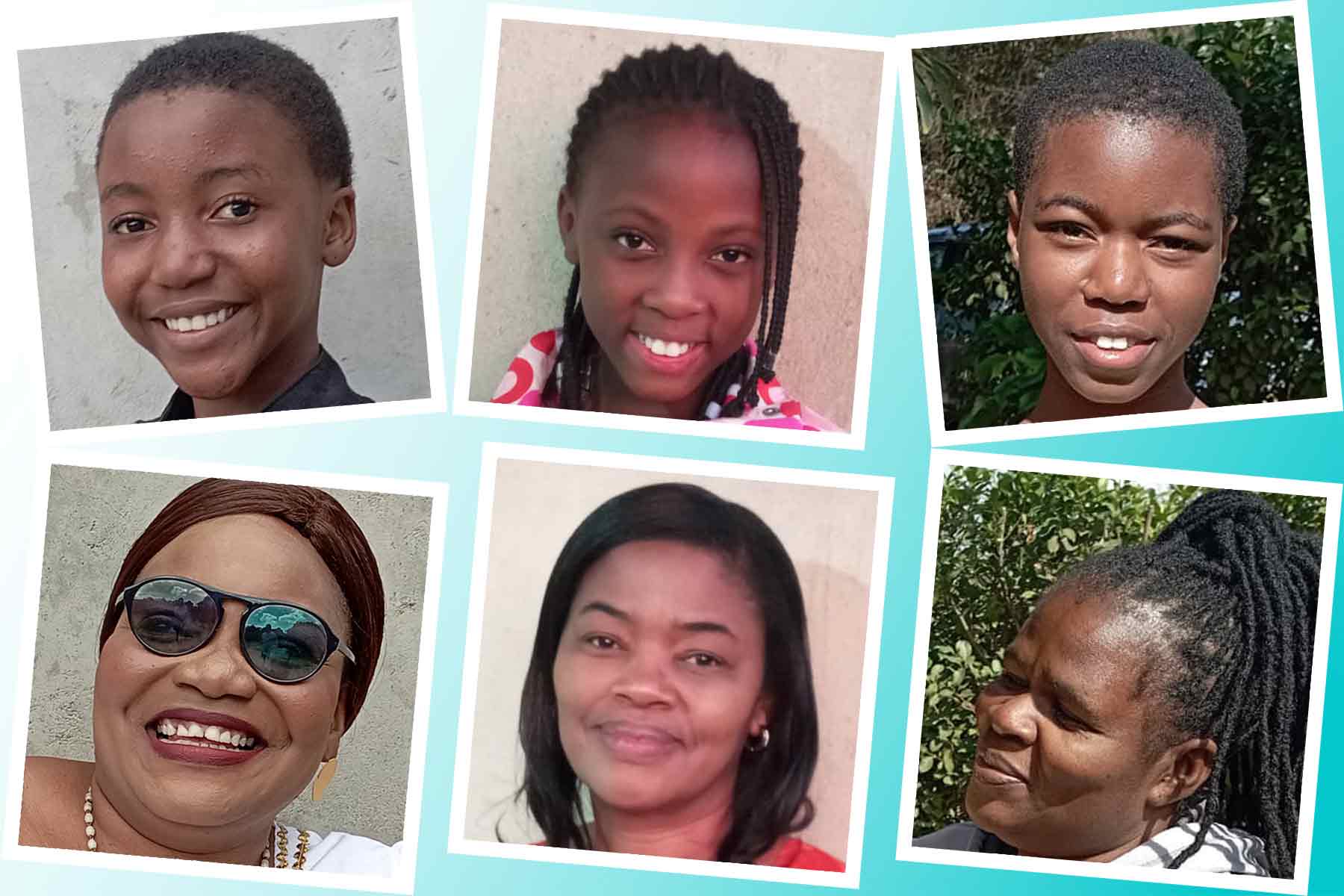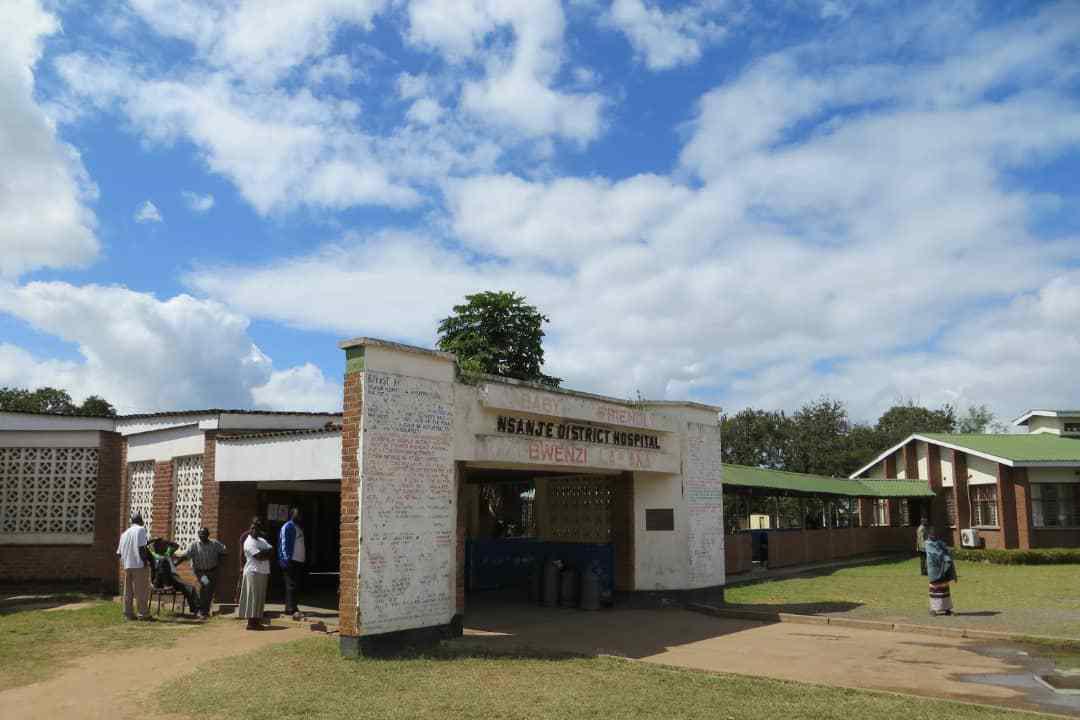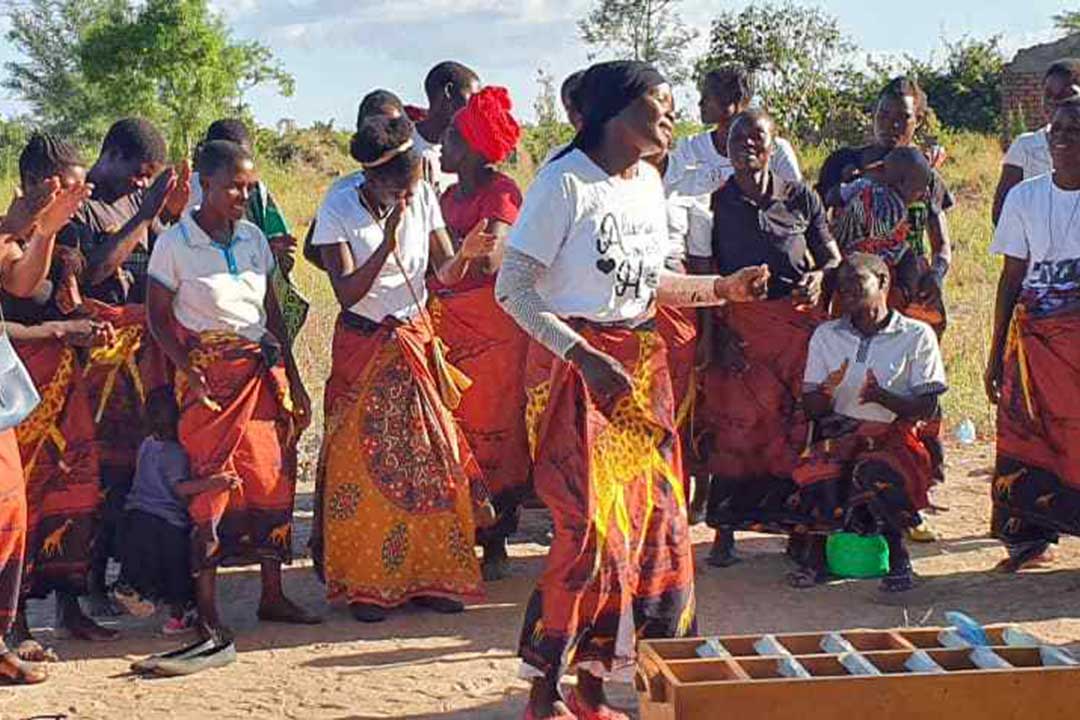Tackling Malawi’s fears of routine immunisation: “Children should still be immunised amid the pandemic”
The COVID-19 pandemic has affected turn out for almost all Malawi’s health services, including routine immunisation. One local CSO is using Community Mother Care groups to trace those missing out on vaccines, helping to ensure children are protected.
- 24 June 2021
- 5 min read
- by Josephine Chinele

The drop in routine immunisation at the peak of Malawi’s COVID-19 wave may have been considered minimal, but the disruption was sufficient to fuel fears among health professionals that COVID-19 may yet make the country vulnerable to other epidemics in the near future.
During the first wave of the pandemic, some parents did not follow the immunisation schedule for their babies, for fear that they would contract COVID-19 at the facilities.“If children are not getting vaccinated, there is a possibility of other outbreaks,” says Blantyre District Health Office Health Promotion Officer, Chrissy Banda. “We still want these mothers to bring their under-five children for immunisation. We don’t want to come out of COVID-19 and get into other pandemics because children aren’t being immunised. Children should still be immunised amid the pandemic.”
Zombazomba adds that all COVID-19 preventive measures such as hand washing, social distancing and mandatory mask wearing are strictly adhered to for all mothers visiting the clinic and for health care workers providing the jabs.
The Malawi Health Equity Network (MHEN), an alliance of civil society organisations, has embarked on a project to combat this reluctance, with financial support from Gavi through the Ministry of Health (MoH). MHEN trained organisations of community women, known as Mother Care Groups, to coordinate child immunisation attendance and support antenatal clinics. They have also been tracing children who have missed out on vaccines, to bring them back to care and make sure that they are vaccinated.
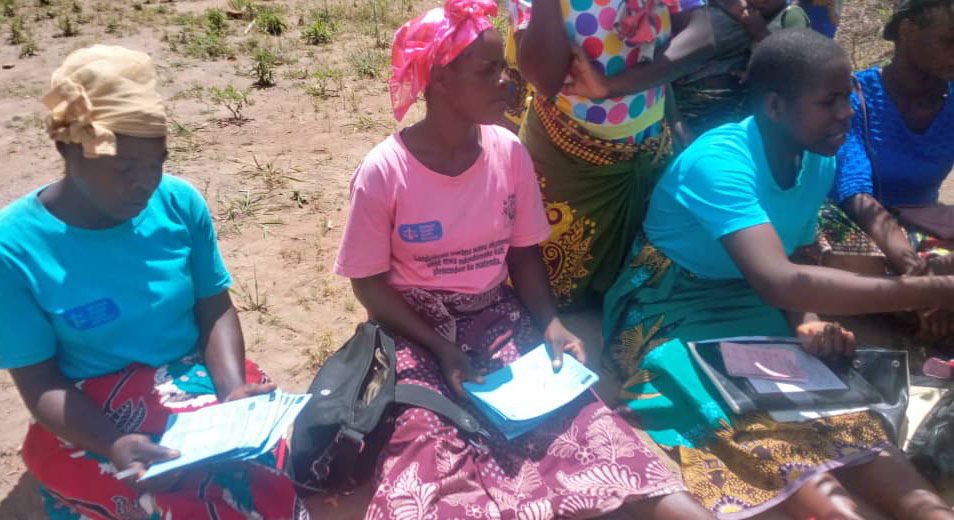
Credit: MHEN Malawi
In April last year, when the country had its first COVID-19 case, there was a 2% drop in routine immunisation coverage. The hard work of Health Surveillance Assistants (HSAs) and other community structures, including Mother Care Groups, helped to bring that to 1% shortfall by the end of the year.
The Mother Care Groups have helped to sensitise communities about the importance of routine immunisation amid the COVID-19 pandemic. MHEN has 169 voluntary Mother Care Groups in the nine Gavi priority districts of Blantyre, Lilongwe, Mchinji, Dowa, Ntchisi, Kasungu, Mzimba south, Mzimba North and Chitipa.
Stella Tambala, Tikondane Mother Care Group Chairperson based in Soche, Blantyre, says that immunisation has been a challenge during the COVID-19 pandemic.
“Some women were already hard to get to bring their children to be immunised. They had all sorts of excuses including poverty, religious belief restrictions and the like. COVID-19 just increased the number of defaulters,” she says.
Tambala adds that the default rate increased in March 2021 when the Malawi government launched the COVID-19 vaccine, because “the women were afraid that their children would be given COVID-19 vaccine.”
Have you read?
Just like all Mother Care Group members, Tambala’s duty is to follow up with all children who are eligible for immunisation and identify those that have been missed, linking them up with clinics. The numbers of missed children at both nearby centres had dropped to about 40 children in the month of March when previously, the monthly average had reached 80 to 90 children.
“After noting this, we as Mother Care Group members went door to door to engage the mothers and explain to them the difference between child immunisation and COVID-19 vaccines, emphasising that the COVID-19 is not given to children, but only adults. There has been an improvement ever since,” Tambala explains.
Gertrude Msamanyada, Chikondi Mother Care group Chairperson based in Chilomoni Township in Blantyre says her group members have a good working relationship with Health Surveillance Assistants (HSAs) under Chilomoni Health Centre, which is getting results.
“Each member is responsible for door to door follow up on all children who have missed immunisations and to ensure that are immunised. We also meet once a month as a group to share notes and find solutions to the problems encountered,” says Msamanyada, whose group has 30 members.
Chilomoni Health Centre HSA Selina Zombazomba says there is an improvement in under-five immunisation coverage, thanks to Mother Care Group assistance.
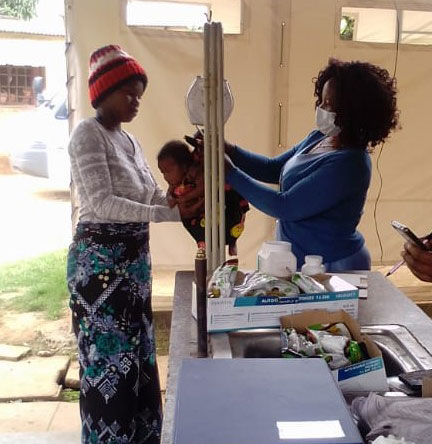
Credit: Josephine Chinele
“Normally, turn out varies depending on time of the month, with many mothers turning up at month end. But at the peak of the COVID-19 pandemic, the figures were flat and low. On average, we have 50 children whereas, during the pandemic, the figures were far less than 50,” she says.
Zombazomba adds that all COVID-19 preventive measures such as hand washing, social distancing and mandatory mask wearing are strictly adhered to for all mothers visiting the clinic and for health care workers providing the jabs.
“They are very good at community mobilisation,” Zombazomba says of the mother care groups. “They are part of the community therefore likely to have a more positive impact, which we have already seen. They are reaching places where we cannot reach as health workers.”
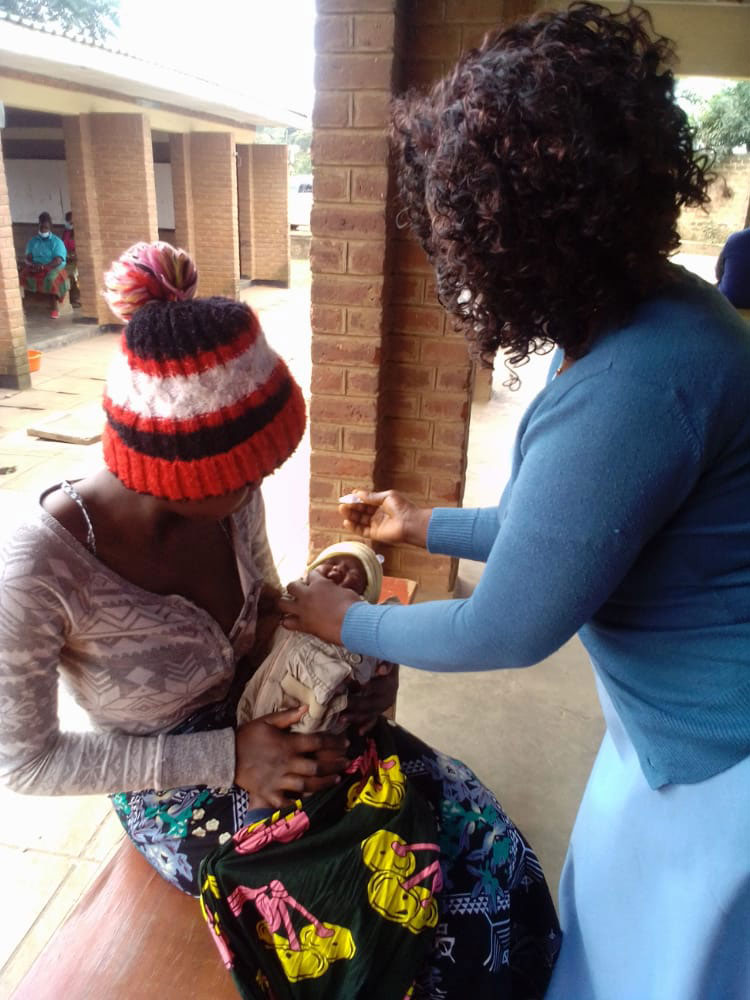
Credit: Josephine Chinele
MHEN Executive Director, George Jobe says the overall goal of the HSIS project is to contribute towards the achievement of Goal Three of the Sustainable Development Goals (SDGs) – to end preventable deaths of newborns and children under five years of age by year 2030.
“MHEN is responsible for the demand promotion and community mobilisation component. HSIS is a Ministry of Health project funded by Gavi but has different players including UNICEF, which is responsible for procurement and logistics,” he says. “We need to take children’s future seriously. Children shouldn’t die due to their parents’ fears.”
National Routine Immunisation Officer, Expanded Program on Immunisation (EPI) Temwa Mzengeza acknowledges that Mother Care groups have been helpful in mobilising and encouraging caregivers to bring their children for immunisation even during the COVID-19 pandemic.
“With the people who received the COVID-19 vaccine doing well, coupled with social mobilisation, we are seeing more mothers bringing their children for health care including immunisation against vaccine preventable diseases,” she says.
